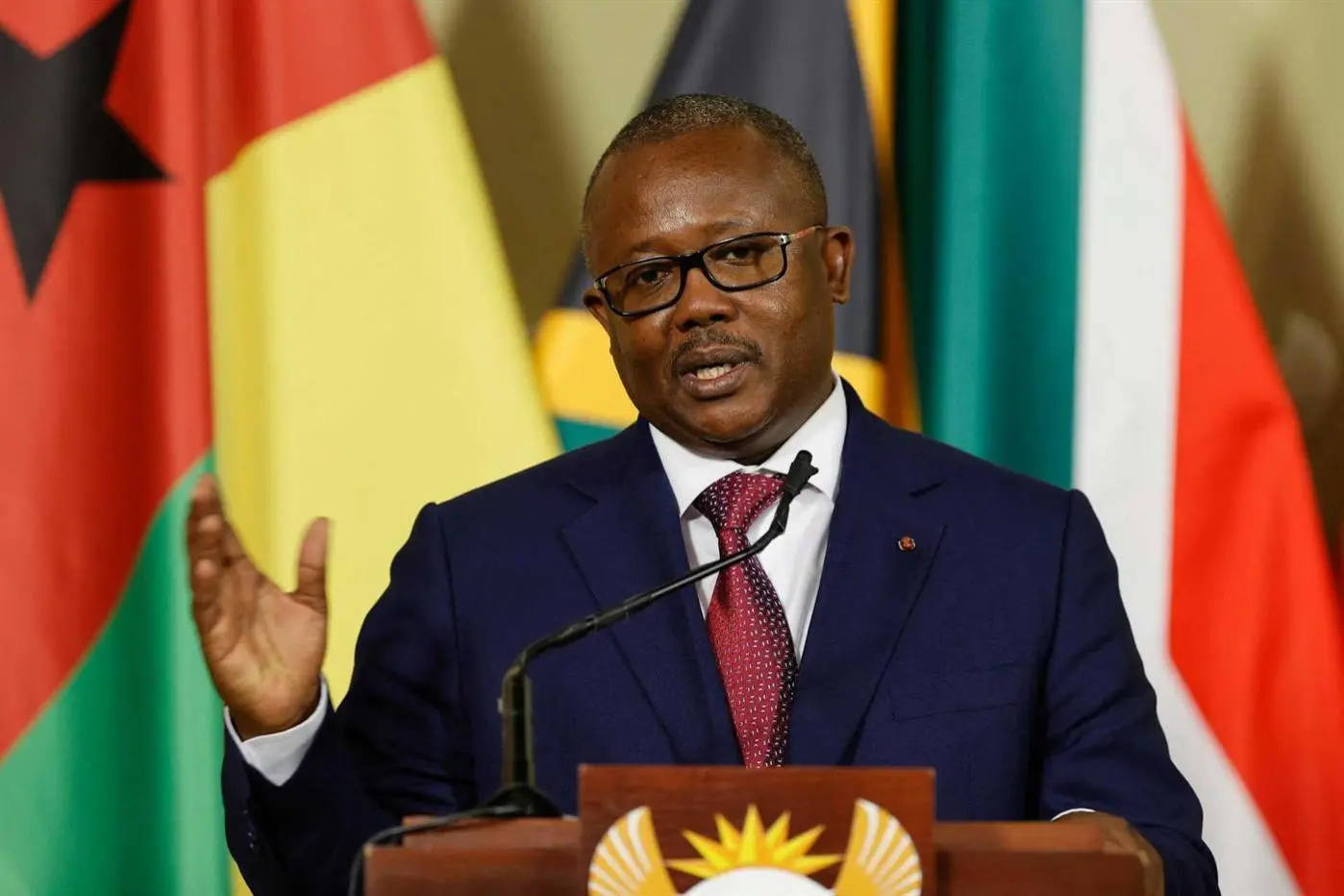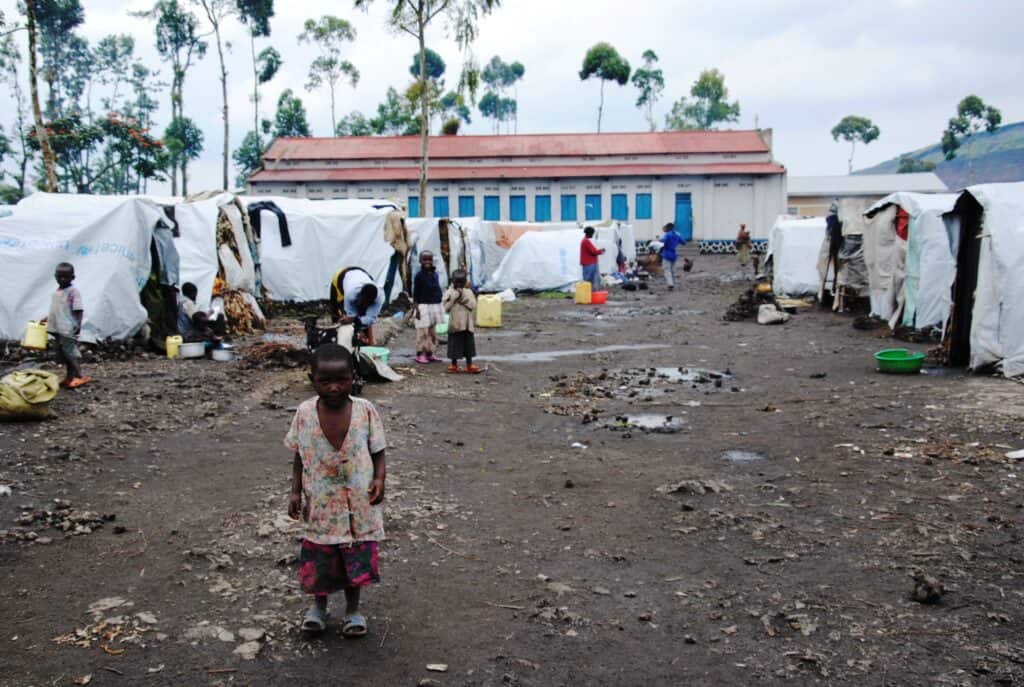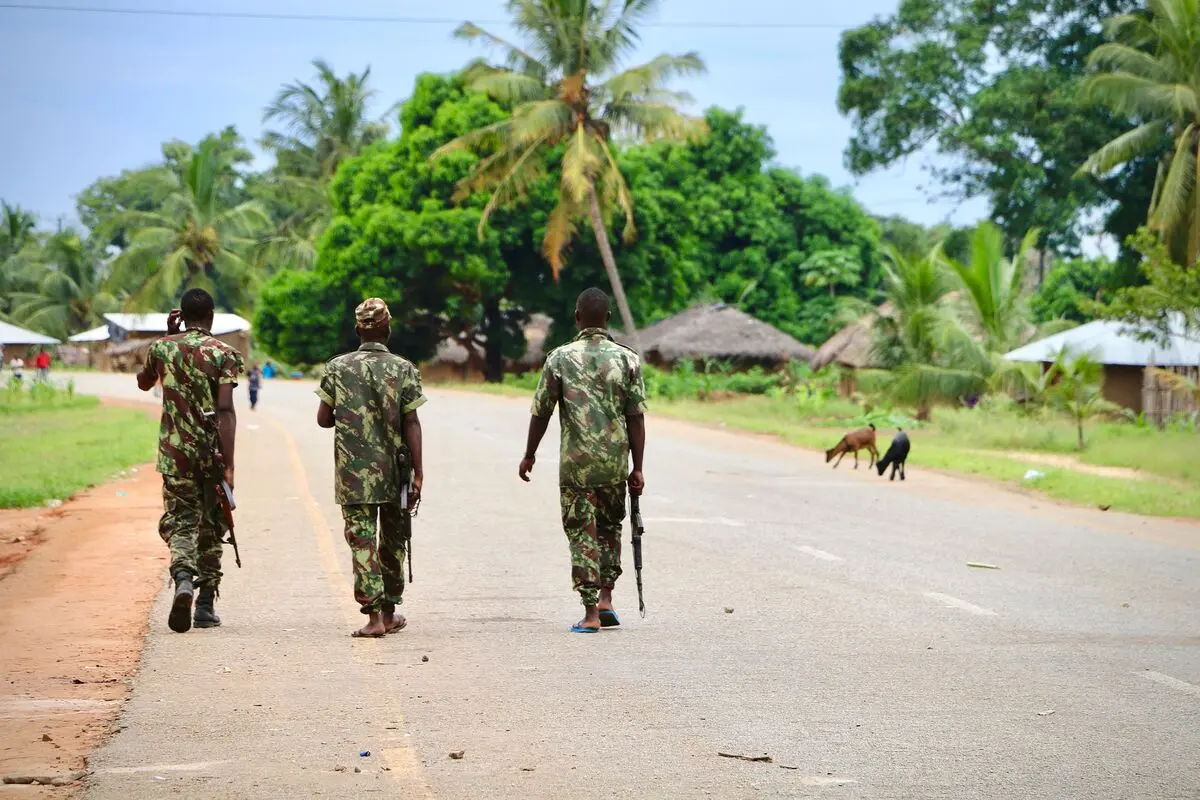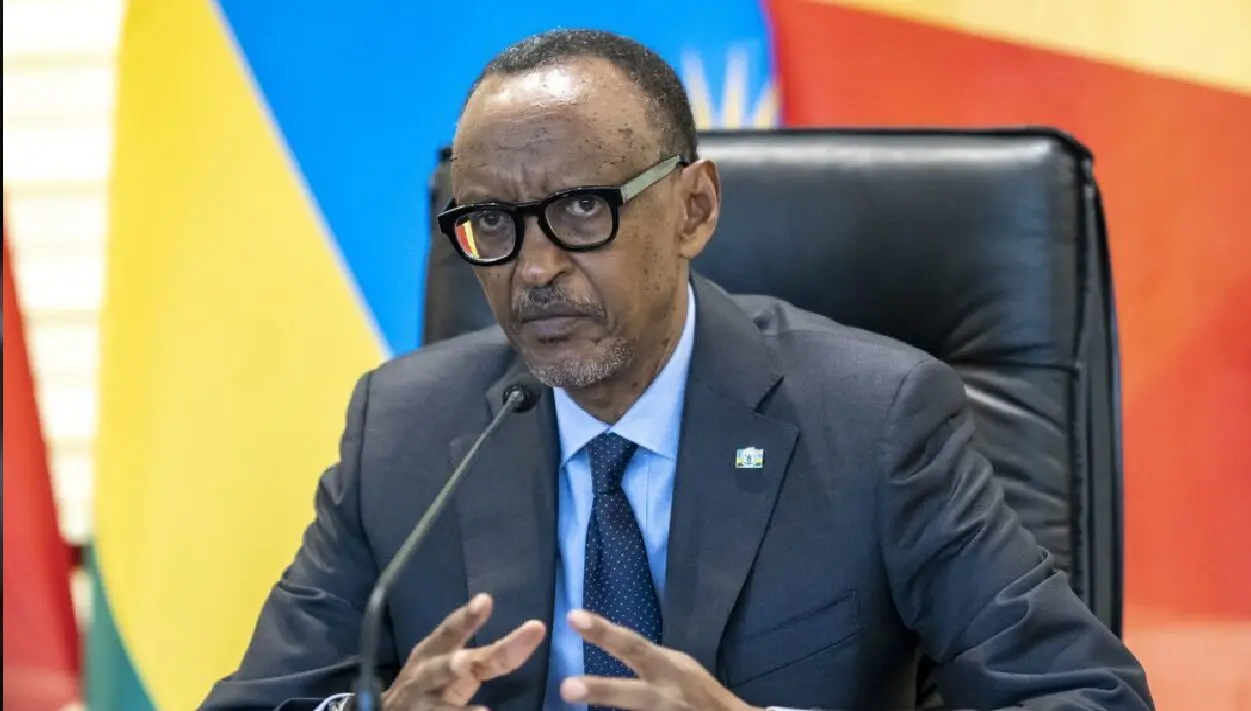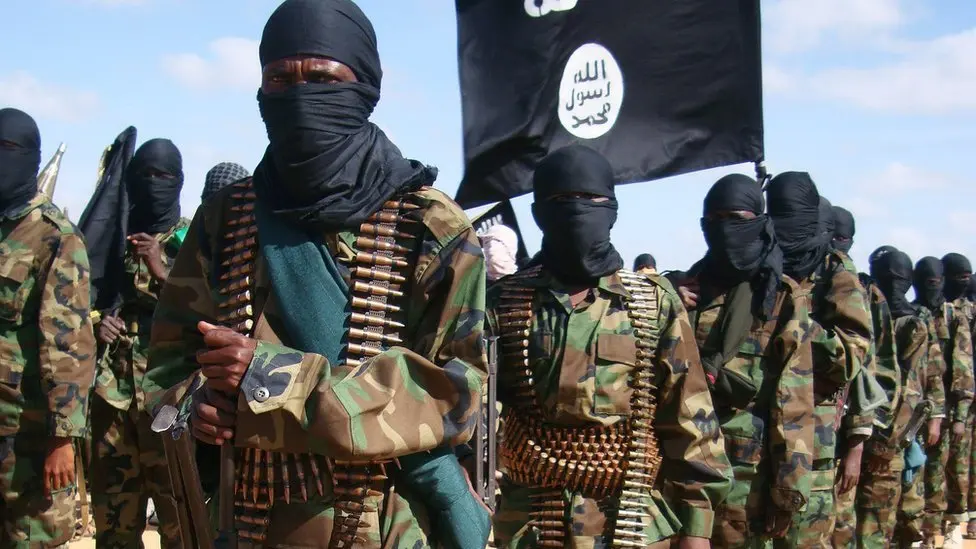U.S. Aid Cuts Halt HIV Research in Africa, Scientists Warn of Dire Consequences

May 1, 2025 Hour: 10:50 pm
The abrupt suspension of U.S. funding has forced dozens of critical HIV research trials across Africa to grind to a halt, jeopardizing advancements toward a potential cure for one of the continent’s deadliest diseases.
Patrick Arbuthnot, a leading researcher at South Africa’s University of the Witwatersrand (Wits), received a stark email in January—two words that shattered years of scientific progress: “Stop Work.”
His lab, which had been working on sequencing the genetic profiles of “elite controllers”—rare individuals who naturally suppress HIV without antiretrovirals—was suddenly forced to pause experiments after losing crucial financial support from USAID and PEPFAR (the U.S. President’s Emergency Plan for AIDS Relief).
“I kept thinking, ‘It’s all such a waste,’” Arbuthnot said months later, recounting the devastating moment. His vaccine trials were already well underway, described as “pasta in boiling water” just moments from completion, when the funding cut threatened to permanently shut down the project.
A Widespread Crisis
The funding freeze, ordered by President Donald Trump in January 2025, was part of a broader review of U.S. foreign aid to developing nations. The move hit hardest in Southern Africa, home to the highest global HIV infection rates. Clinics serving vulnerable populations—sex workers, MSM communities (men having sex with men), and low-income patients—were forced to close their doors overnight, leaving thousands without access to lifesaving treatment.
Zimbabwe, where USAID funded 80 percent of HIV response efforts, saw devastating disruptions in medication distribution—including the shortage of condoms, a vital tool in controlling transmission rates. The crisis has intensified fears that decades of progress in combating HIV could be reversed.
Political Motivations Behind Aid Cuts
The Trump administration justified the suspension of funding by citing the need to reassess aid allocations, but critics view the move as politically motivated, reflecting a broader strategy to reduce U.S. involvement in global health initiatives. The decision has triggered backlash from scientists, health organizations, and human rights activists who warn that the cuts are costing lives and undermining Africa’s fight against HIV.
With vaccine trials abandoned, medical professionals laid off, and countless individuals left stranded without treatment, researchers fear that the long-term effects of the funding withdrawal will set back HIV research for years—if not decades.
Author: OSG
Source: Aljazeera-DW


